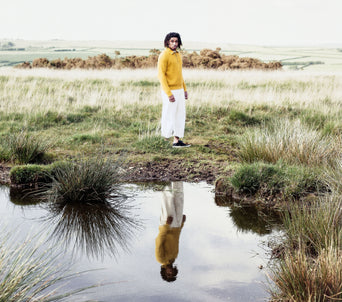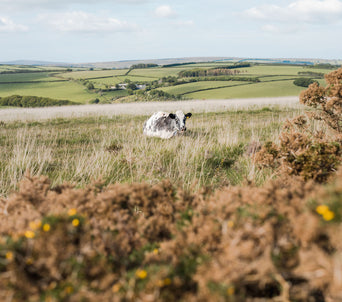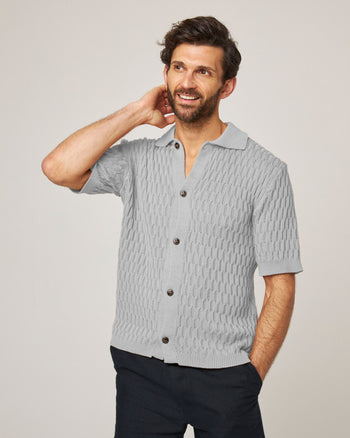What does net zero mean?
Net zero means reaching a balance between the amount of greenhouse gas emissions produced and the amount removed from the atmosphere within a specific period. We’re passionate about the environment and staying aware of our impact on our global ecosystem. This is why we are committed to becoming net zero.
We’re focused on reducing our greenhouse gas emissions. But, for those that are unavoidable, we have committed to removing them. There are a variety of ways in which this could be done; planting trees, growing kelp, farming regeneratively or ensuring the balance of phytoplankton in our oceans.
We’re proud to be staying local and are working with Blue Marble Environmental Partnerships to understand and reduce our carbon footprint and remove carbon through the preservation of British peatland.

What are peatlands and why are they important?
Peatlands are wetland ecosystems where permanently waterlogged conditions prevent the complete decomposition of plant and organic matter, resulting in a naturally accumulated layer of carbon-rich peat. They are the most efficient natural organic carbon store on the planet, covering 2.8% of the Earth’s terrestrial land surface. They also exist in every global climatic zone and provide carbon storage, water management and biodiversity support.
There are three types of peatlands found in the UK; blanket bog, raised bog and fens. Combined, they make up 12% of the UK’s land area and are regarded as England’s ‘national rainforests’. As one of the Earth’s most carbon-rich ecosystems, it is estimated that UK peatlands alone store over three billion tonnes of carbon, approximately the same amount as all of the forests in the UK, France and Germany combined. Despite this, peatlands are often overexploited and damaged by drainage, agricultural conversion, mining and burning.

Peregrine's pledge
One of our core beliefs is that we must respect our environment and do the best we can to support and preserve it. We are already able to talk about our incredible local factory, sustainable and biodegradable wool products and ethical and traceable practices. Becoming net zero is the next step in decreasing our impact further.






